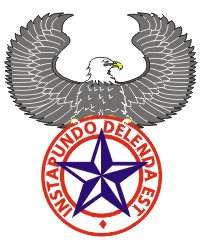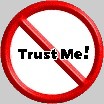Liberals for Fraud
I’m torn as to how happy to be about yesterday’s ruling. On the one hand, “only” three of the four liberals on the U.S. Supreme Court can find the emanation and/or penumbra of the constitution that prohibits states from requiring voters to prove they are who they say they are before voting. On the other, it would only take 2 judicial appointees by President Clinton or Obama to reverse that result, which hardly seems far-fetched given that both nominees of the first President Clinton (Justices Ginsburg and Breyer) were part of the pro-fraud contingent. Back on the original hand, one of those two, Justice Ginsburg, is also among the two Justices most likely to resign in the next Presidential term, so the most likely result of a single term of President Billary or Obama is that the ruling would hang on by a thread. Yippee.
My favorite quote is from Mary Wilson, President of the League of Women Voters:
Mary Wilson, president of the League of Women Voters, said her group has never found a problem with in-person voter fraud. “We’d be the first ones out there to prevent voter fraud, if there really was a problem,” she said.
Am I the only one who finds that quote reminiscent of the old “I don’t have a drinking problem” joke? Dishonorable mention goes to the Ass. Press for their crack legal analysis:
Monday’s case was the court’s first significant foray into election law since the Bush v. Gore dispute that sealed the 2000 election for George W. Bush. The voter ID ruling, with no majority opinion and four of the nine justices writing, lacked the conservative-liberal split that marked the 2000 case.
Technically true, I suppose, given that the 2000 case was split 5-4 (or 7-2, depending on the issue) while the 2008 case was split 6-3 (or 3-3-3 on the reasoning). I suppose the split also differed in that the 2000 decision included Justices Rehnquist and O’Connor, while yesterday’s included Justices Roberts and Alito instead. Oh yeah, and one whole Justice (Stevens) actually switched sides.
Third place goes to Rick Hasen, who still hasn’t gotten over Bush v. Gore.
UPDATE: An earlier version of this post had me taking Hasen and the NYT to task for implying that Justices Scalia, Thomas and Alito would have upheld the poll tax, which the 24th Amendment clearly prohibits in the context of federal elections. In fact, the poll tax case to which they referred, Harper v. Virginia Bd. of Elections, 383 U.S. 663 (1966) dealt exclusively with state elections, so the 24th Amendment does not apply.






